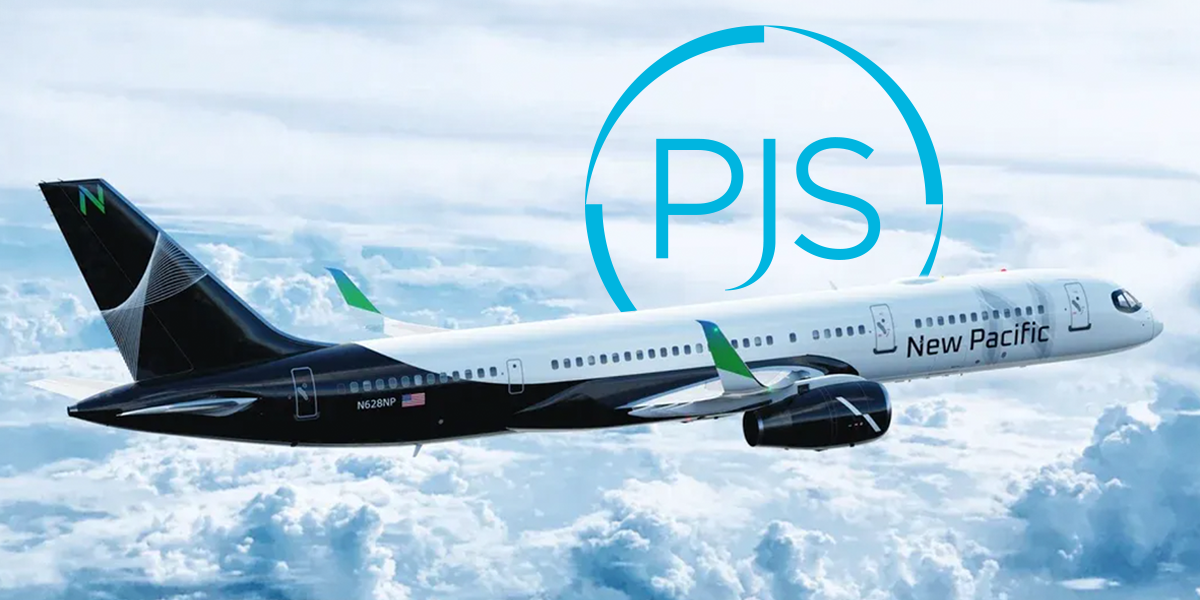Private aviation is a very attractive means of travel. No security lines, no long treks through airports and no boarding chaos or crowded flights. But what about safety? To most safety is a given, but it shouldn’t be. As you search for a reliable and trustworthy business aviation company, safety is perhaps the most important feature you should consider.
While there are certain industry safety standards that must be maintained, it doesn’t mean all companies are alike and certainly does not mean that safety is treated equally across the board.
Top on-demand operators, just like the airlines, are constantly improving their systems as they work toward an ever-elusive goal.
Robert Sumwalt, a venerated member of the National Transportation Safety Board (NTSB), said it best when he stated: “Safety is not a status you attain, but a never-ending process. It’s not a destination, but a journey. And the journey begins with leadership.”
He could not be more correct. It starts with safety leadership which, to PJS, means going above and beyond mere regulatory standards to make sure everyone gets home safe. Everyone, from top executives down to the person who loads your luggage should be in a state of constant unease. That means evaluating and judging even the most minute detail in terms of whether it could pose a risk to clients and employees. It means not just fixing a problem, should one arise, but getting to the root cause so it never happens again.
The fact remains however, NTSB says private aviation is less safe than airlines despite industry efforts to change that equation. We all know there are good operators and bad companies.
So, what can be done to ensure the utmost safety when booking a flight? Most of what we do will make your eyes glaze over, but it is important for you to know how the best operators work. Safety is not an accident, it has to be actively managed.
Top private aviation companies are adopting airline-like safety programs designed to identify problems before they become a safety issue. They are leveraging data resulting from their participation in Safety Management Systems (SMS), Flight Data Monitoring (FDM), Aviation Safety Action Programs (ASAP) and Line Oriented Operations Audits (LOSA). Furthermore, an increasing number of business aviation companies are sharing data through the Aviation Safety Information Analysis and Sharing (ASIAS) program designed as an open exchange to identify both lessons learned and best practices that improve safety.
The data on both ground and flight operations from these programs spot negative safety trends early. Analyzing that data results in permanent operational changes continuously improving safety. This will further improve in the future since aircraft manufacturers have incorporated a plethora of aircraft and engine health monitoring systems that transmit data throughout the flight.
While all these safety systems are great, how do you know the private aviation company being considered is actually using them?
The first question should be whether the company adheres to the standards set by the International Standard for Business Aircraft Operations (IS-BAO). This is important because the International Business Aviation Council established a code of best practices designed to ensure safety. Based on safety standards set by the UN aviation safety organization – the International Civil Aviation Organization (ICAO) – IS-BAO standards are so effective, they are recognized by the European and North American regulatory authorities.
Industry Standards
Ultimately, the decision is yours to partner with the right company for your travel needs. Those needs, however, are not just about getting from point A to point B in the most efficient and cost-effective way. They are about safety and there are questions that should be asked:
- How long have they been in Bussines?
- Who are their other clients?
- Do they have a Director of Safety?
- Have they adopted some of the industry’s safety systems?
- How do they vet their flight and cabin crews?
- How do they source their aircraft?
- Are their crews and aircraft certified by regulatory authorities?
Yes, there is a lot of work necessary to establish whether a company is trustworthy when it comes to safety. That is why relying on industry expertise and determining whether they have a proactive approach to safety is so important.
Why PJS?
Due diligence. PJS does the work of vetting aircraft and crews on your behalf because due diligence is a cornerstone of the PJS Safety Program. PJS proactively uses several published and private resources including the international regulatory authorities, the NTSB, Flight Safety Foundation, and ICAO. PJS also receives safety reports from both Wyvern and ARG/US International, independent safety auditing agencies, whose experts audit business aviation companies to ensure they are following safety standards and best practices and pilots have the correct background and experience.
PJS the only North American private aviation consultancy with a dedicated Director of Safety whose sole job is to implement standards that exceed minimum regulatory requirements and to continuously improve operations as new safety practices become available. The safety team also examines any operator for its incident, accident or enforcement history.
Complementing both qualitative and quantitative analysis, our 15+ years of experience identifies the best available air carriers and crews based on their adoption of best practices, safety operating histories and highest standards of pilot sourcing. PJS does not solely look at compliance, but also looks at a clean operating history, aircraft age and liability insurance levels. Pilots are not just vetted once but are continuously examined ahead of each engagement.
If you do nothing more than educating yourself on what business aviation companies should be doing to ensure your safety, you have already done a lot. But now you know what you should be looking for – a company that hits all the marks necessary to promote a culture focused on safety. When you find it, you will have a great travel partner you can trust.




